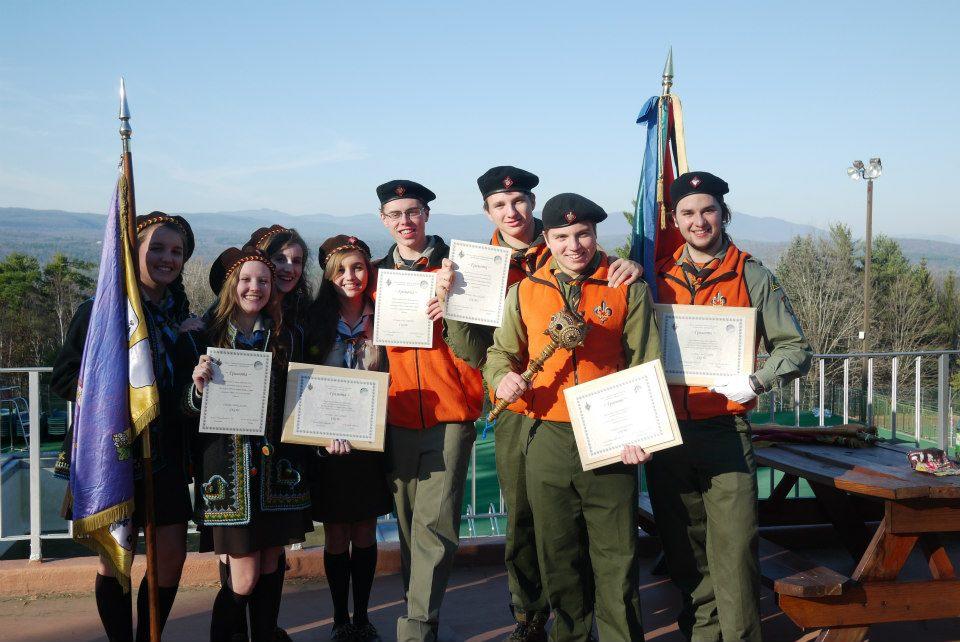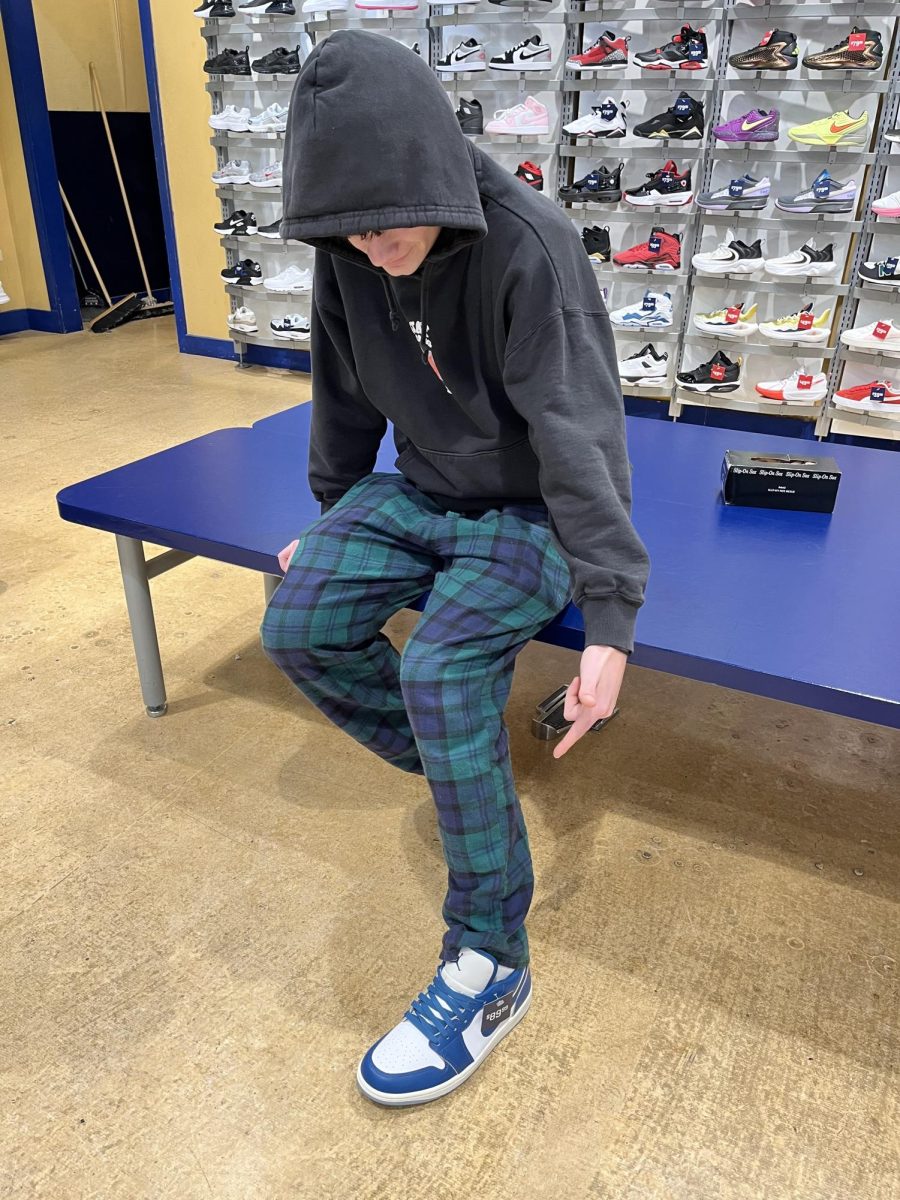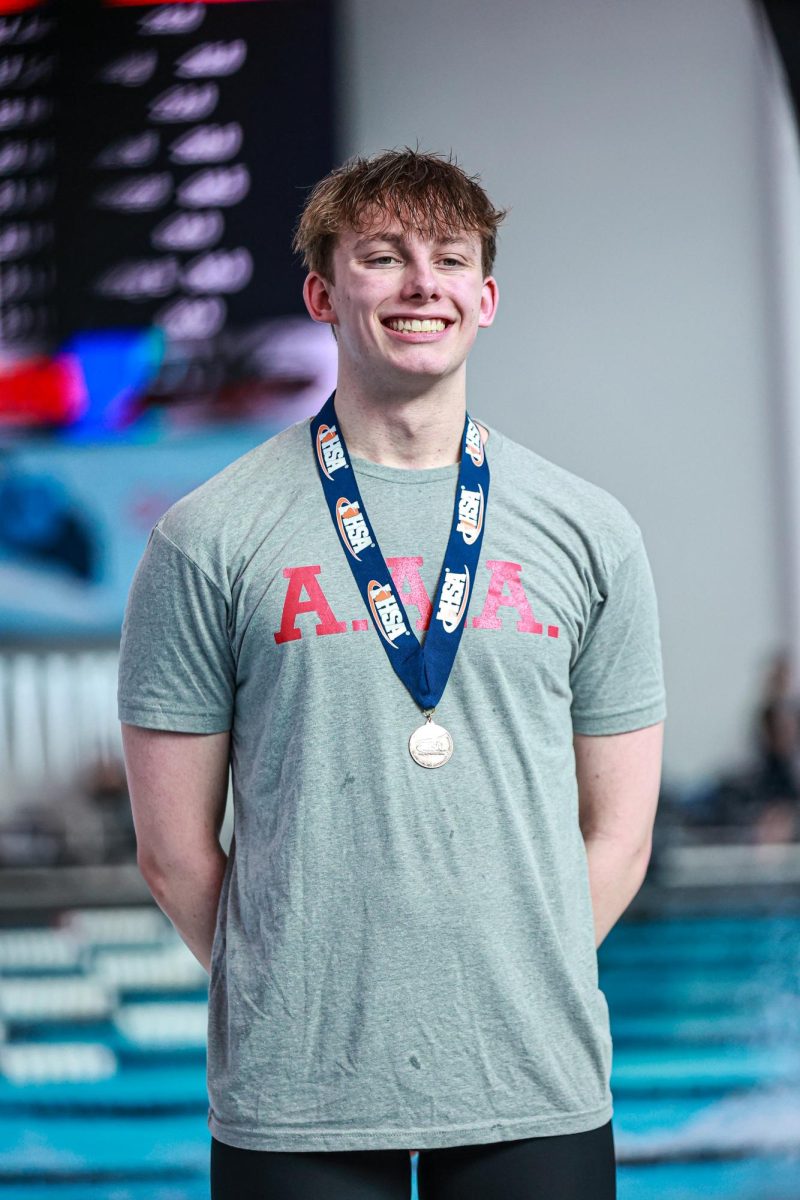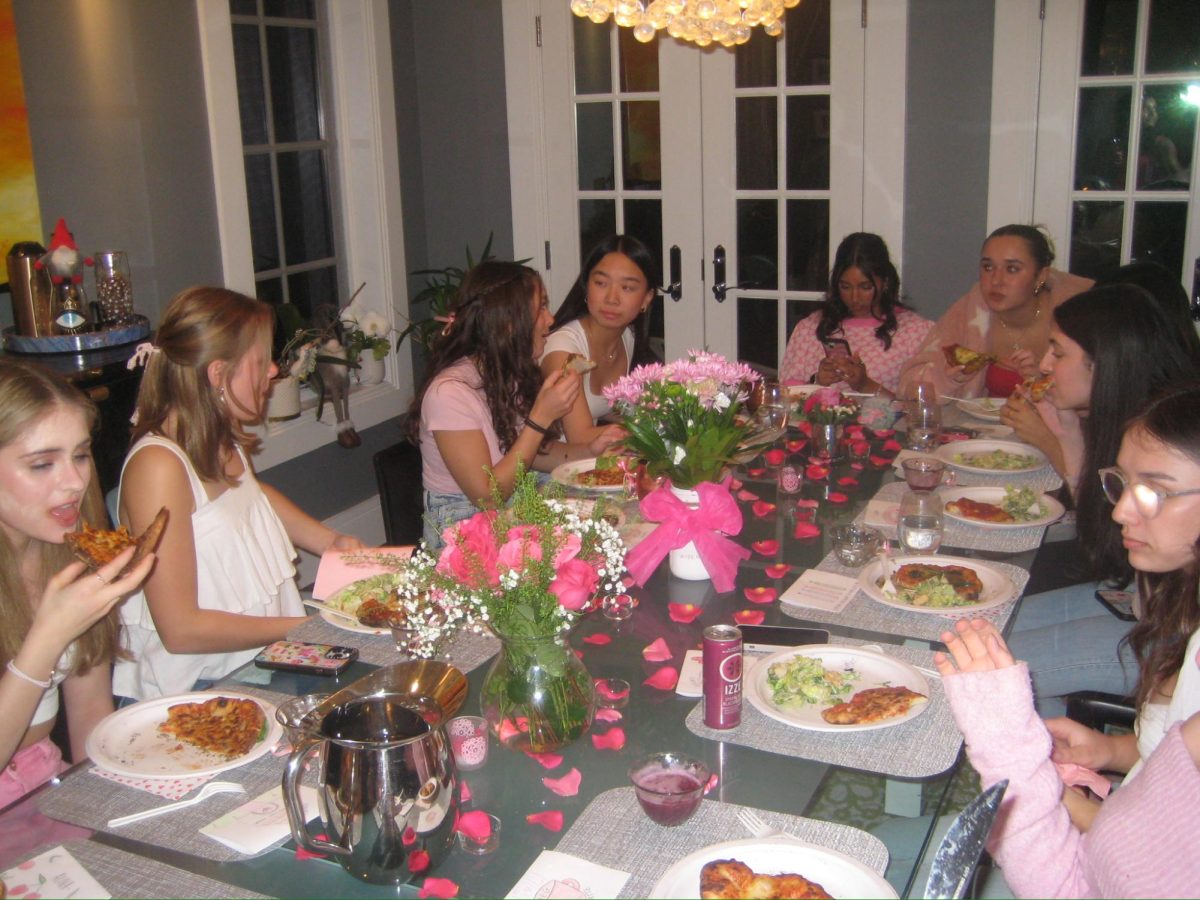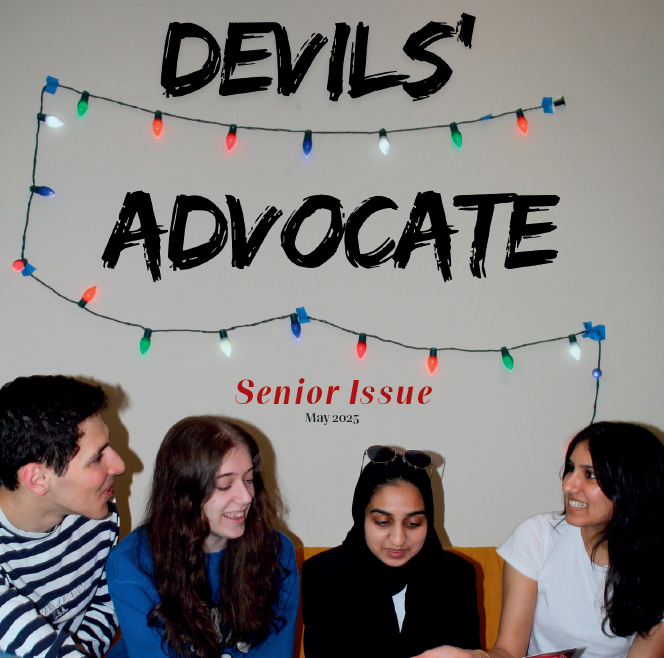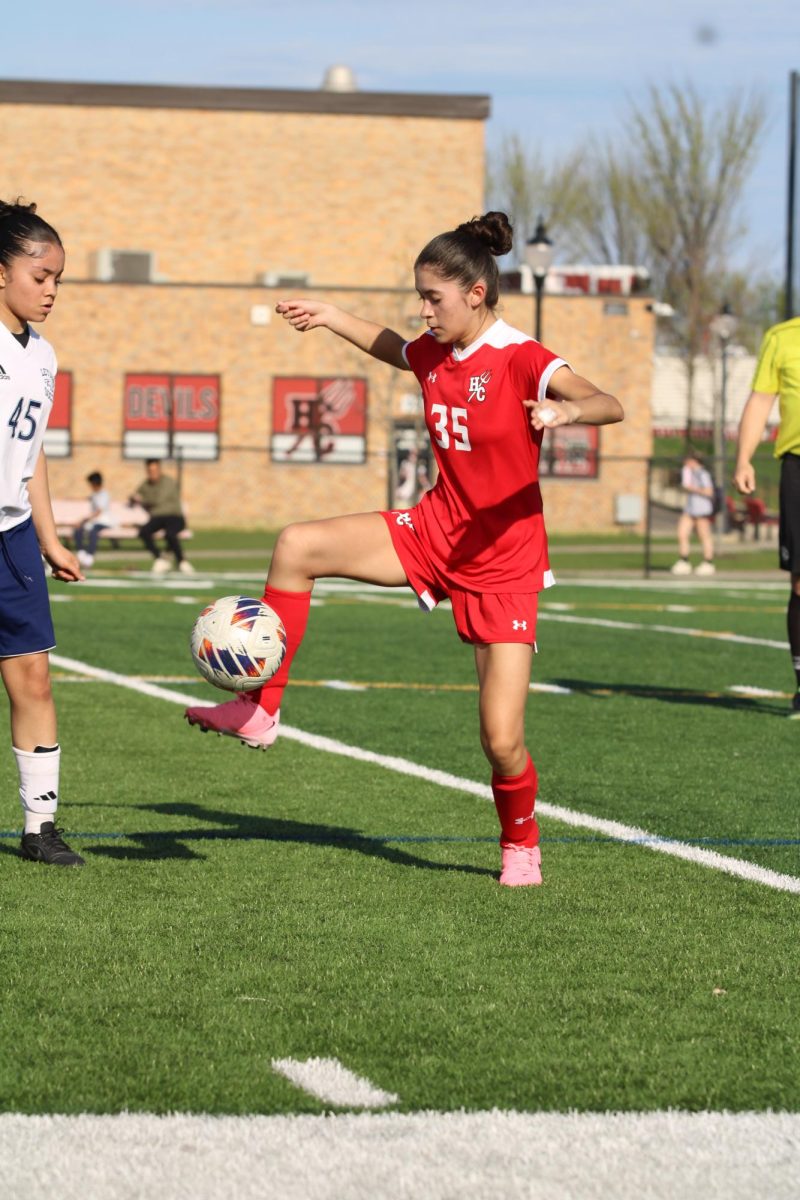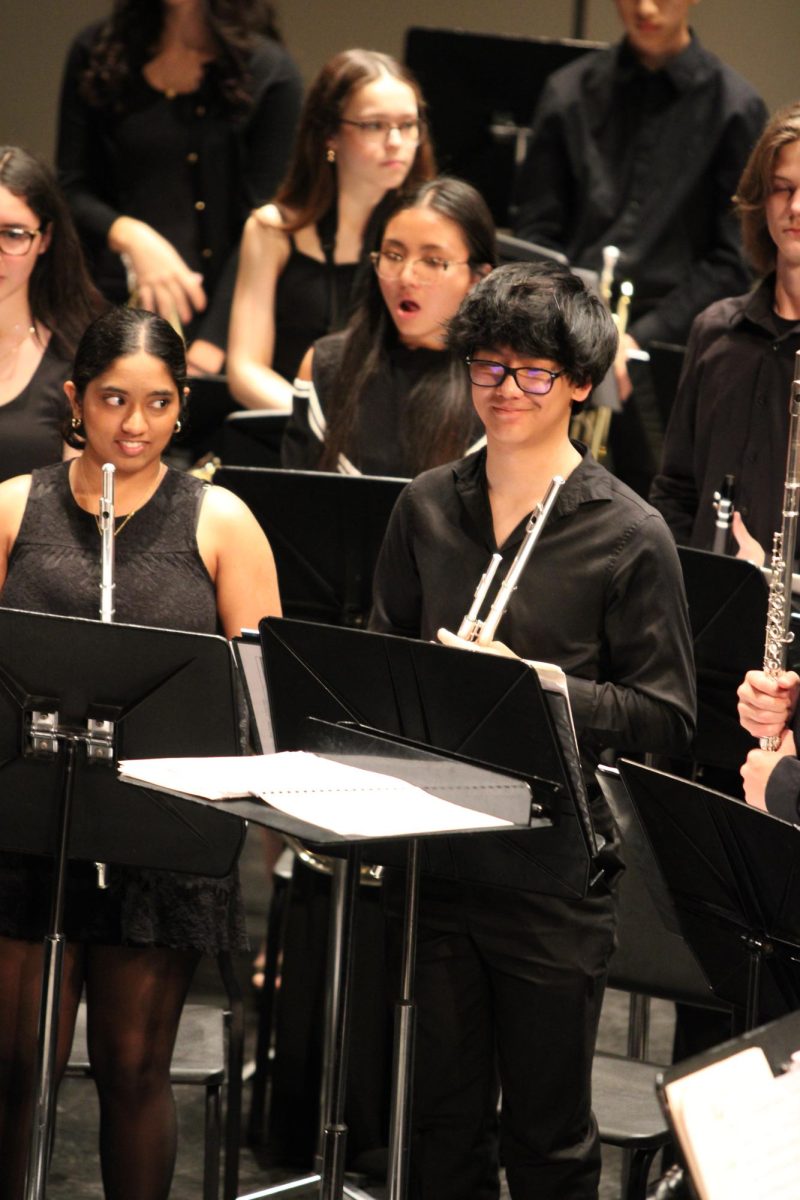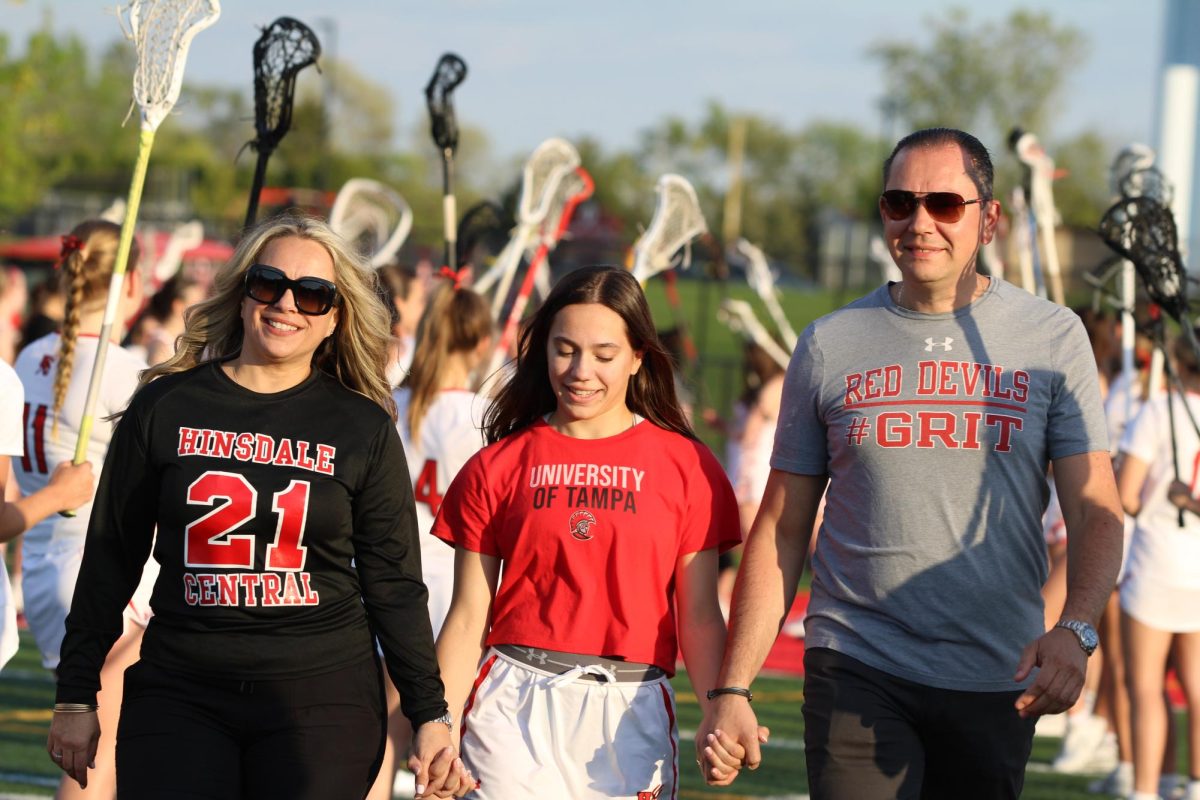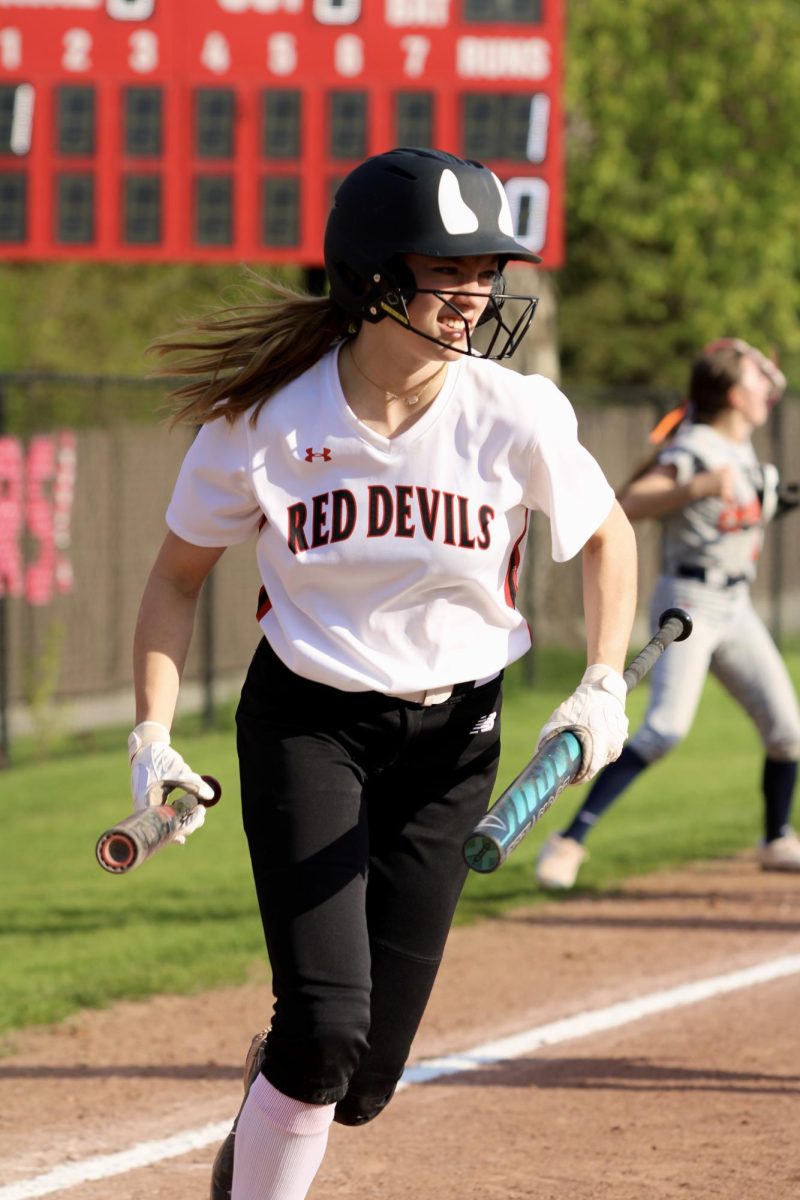When most boys are busy collecting badges or building cars for derby races for their scout troops, Orian Shkrobut, junior, is involved in Plast (The Ukrainian Scouting Organization).
“Plast is different from Boy Scouts of America because it challenges its members to a higher degree in regards to mental and physical challenges,” Shkrobut said.
These mental and physical challenges go through a number of stages, all leading up to the Три Пера or Three Feathers, stage. To complete this stage, scouts must spend three days and two nights isolated in a forest. They are only allowed 1,000 calories of food, an empty water canteen which they fill in nearby creeks, a knife, and the clothes on their backs. They also aren’t allowed to move more than 30 steps from their location.
“The scout does not interact with anyone, and I mean no one, not even the counselor, if for some reason the scout sees him. The scout can’t speak or make noises the first day. The point of the merit is to recreate and endure a situation Ukrainian Insurgent Army soldiers did in the 1940s while fighting the Nazis from the West and Soviets to the East,” Shkrobut said.
Recreating events like this has a big historical significance to Plast members because the organization began as a secretive organization.
“Communist Russia suppressed any organizations for or benefiting countries of the Eastern bloc. Therefore, Plast spent many of its years from 1912 to 1991, when USSR collapsed, in the dark, with supporters ‘underground’ and insurgent soldiers in the 40s supporting the organization,” Shkrobut said.
Overall, being a part of Plast has affected Shkrobut’s life immensely, because it has exposed him to a number of unique situations and has increased his knowledge of his culture.
“Being a boy scout has affected me very, very seriously. I’ve been introduced to the beauty of my motherland and its physical, traditional, and cultural aspects, and I’ve learned to be practical and survive, not only in extreme situations but also in everyday challenges I’m faced with in school and outside of school,” Shkrobut said.



